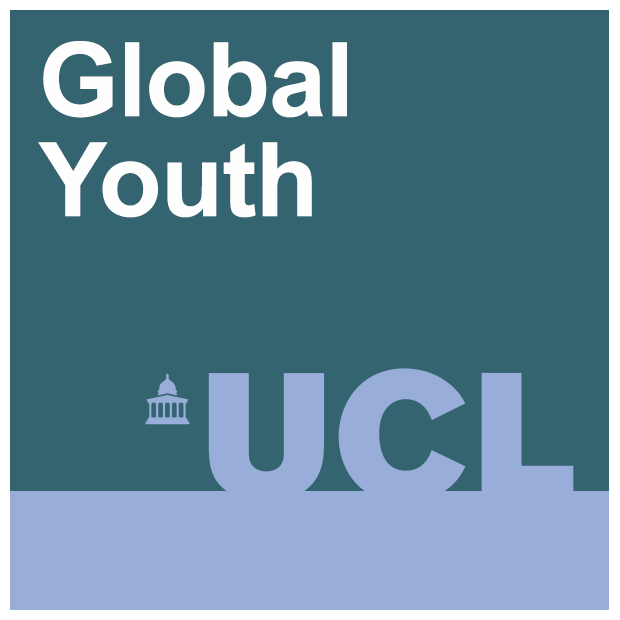Politics, economics, children and young people
By Dr Laila Kadiwal, on 14 June 2017
A guest post from Prof. Priscilla Alderson, Professor Emerita of Childhood Studies, Social Science Research Unit, University College London Institute of Education
The ‘youthquake’ in the June 2017 UK election promises two important developments. One is young people’s new interest in voting, debating politics, and attending political meetings. This was partly encouraged by Labour’s promotion of social media contacts, rallies and gigs where star musicians were very keen to perform. The second development we can hope for is that governments will have to take young people’s needs and interests far more seriously in all their policy making.
However, to date children and young people under-18 tend to be excluded from politics and economics in two main ways. The mainstream researchers, policy makers and journalists tend to ignore young people, while those who research, discuss and write about people aged under-18 tend to avoid politics and economics. They concentrate instead on services and amenities for young people, their relationships and daily experiences, the personal rather than the political.
Yet policies affect the youngest generations most of all. Brexit, for instance, will shape many decades of their lives, but few decades for older people. Taking the legal definition of childhood to include everyone aged under-18, my book The Politics of Childhoods Real and Imagined examines how they are central to mainstream society and policy.

In the book, I review three main areas: climate change, the breaking up of the welfare state especially the NHS, and neoliberal economics. Academics are supposed to stay inside their very small area of expertise, not to risk showing their ignorance if they venture beyond it. And yet childhood and youth can only be understood within their broad, complex social and political contexts, not apart from them. And each context, such as climate change, can only be understood in relation to the others, to global politics and economics, trade, conflict and inequality.
So I have risked exploring large areas at the level of the informed citizen, to search for the missing children and young people in the policy debates and reports, and to fill in some of the missing analysis of how they are so greatly affected by policies and events. I’ve aimed to summarise knowledge and debates on topics from climate change to neo-liberalism in ways that will interest general readers and not offend experts.
I hope everyone concerned with children and young people will look at the book, so that they can further the book’s aims: to see how deeply current affairs affect young people, and to urge everyone to recognise this and take the youngest generations far more seriously when they think about and work for ‘society’.
To take the NHS and the rapid privatising, for example (see here), children are among the highest users of healthcare, which can give lifelong benefit by preventing and healing problems or at least reducing them. When the NHS opened in 1948, for the first time, most children in Britain began to have access to healthcare, and therefore the numbers of paediatric staff and researchers quickly grew. By the 1960s-1970s, new services for premature babies and for children’s heart surgery were beginning to save many lives. Children’s heart services depend on swift referral and close contact between local and regional centres, while young people with diabetes need care from a wide range of specialities, which the National Health Service is uniquely able to coordinate.
For 70 years, older people have enjoyed the welfare state, relative peace and a fairly stable climate. But great changes and losses are now starting to affect everyone, and most of all those who may live into the 22nd century. My book ends with a chapter on how to work for utopian change towards more just and peaceful societies with and for young people as well as adults.
 Close
Close


